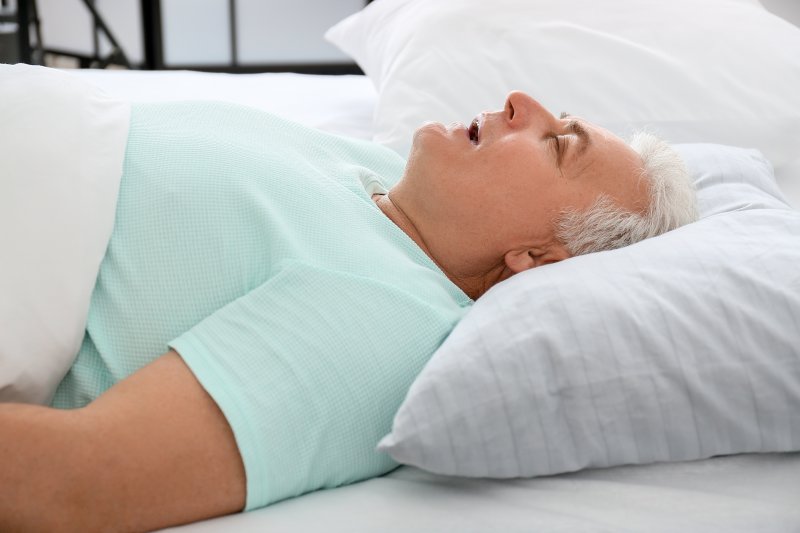
Has your partner noticed that you started breathing through your mouth while you sleep? This is sometimes a side effect of sleep apnea; when you’re not able to get the oxygen you need through your nose, your body might switch to breathing through the mouth instead. While mouth breathing is generally okay every once in a while, it’s not something you should make a habit of. In this post, you’ll discover 4 crucial benefits of breathing through your nose.
1. Filtering
The air is filled with debris, bacteria, toxins, and other harmful substances that you don’t want to reaching your lungs. If you breathe through your mouth, these substances will be sent directly to the lungs. However, the nose passageway contains cilia that can filter them out and send them down the throat instead. This means the debris is sent to the stomach instead, where powerful digestive acids can break it down. In short, when you breathe through your nose, the air that reaches your lungs is much cleaner, and the overall risk that harmful airborne substances pose to your overall health is drastically reduced.
2. Temperature Control
Air that’s excessively hot or cold could damage the lungs. However, when air travels through the nasal passageway, it becomes more like your body temperature. In other words, breathing in cold air through your nose will heat it up, and breathing in warm air will cool it down. This temperature regulation doesn’t happen if you breathe through your mouth instead. Thus, it’s especially important to make sure you breathe right during the winter months.
3. Humidifying
The nasal passageway has multiple structures that moisturize and humidify the air that passes through them. The lungs don’t tolerate dry air very well, which is why the nose is specifically designed to prepare the air in advance. If you breathe through the mouth instead, the lack of humidified air can lead to a dry mouth or a sore throat.
4. Smell
If you’re not breathing through your nose, you’re not putting your sense of smell to good use. Your nose can alert you to harmful toxins in the air you breathe and the food you eat. Breathing through your mouth means you miss out on these early warnings – and that could potentially put your entire body at risk.
If sleep apnea is changing the way you breathe, take steps to change it. Focus on breathing through your nose whenever possible, and talk to a sleep expert about having your sleep-disordered breathing treated. Paying close attention to the way you breathe could make all the difference in the long run; make the decisions that will let you enjoy healthier, happier lungs for years to come.
About the Author
If you take a sleep quiz and find that you may be suffering from sleep apnea, Dr. Mitch Conditt is here to help! He has completed several residency programs in the field of sleep disordered breathing and is board certified in dental sleep medicine. In addition to providing oral appliance therapy, he can also offer advice for overcoming mouth-breathing and other side effects of sleep apnea. To schedule an appointment, visit his website or call (817) 527-8500.
